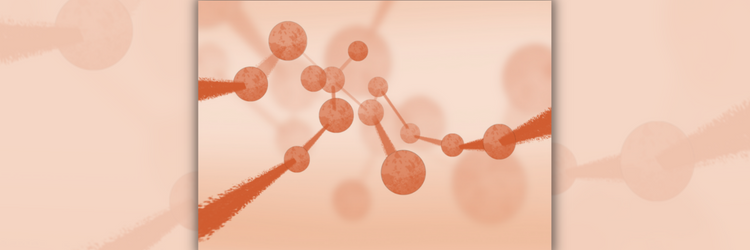Machine Learning Yields an Unprecedented View of Small Molecules
Researchers expect a new machine-learning model to identify small molecules for such applications as medicine, drug discovery, and environmental chemistry. For Aalto University and the University of Luxembourg researchers, the model has become one of the most accurate tools for identifying small molecules.
The small molecules, known as metabolites, transport energy and transmit cellular information throughout the human body. Given their size, it’s hard to distinguish them from each other in a blood sample analysis – but they’re important for understanding how exercise, nutrition, alcohol use, and metabolic disorders affect well-being.
The researcher developed a novel machine-learning model to identify small molecules, published in Nature Machine Intelligence. The new approach sidesteps challenges facing conventional methods. Previously, the retention times of molecules varied from lab to lab, so researchers could not compare data between labs—until now.
Incorporating data from dozens of laboratories around the globe, the machine learning model is accurate enough to distinguish between mirror-image molecules, known as stereochemical variants.

